Best Vegan Foods With Vitamin B12
Best Vegan Foods With Vitamin B12
Vitamin B12 is essential for maintaining good health, but it can be difficult for vegans to find sources of this nutrient in their diet. Despite being abundant in animal products, B12 is not naturally found in plant-based foods.
This post will explore some of the best vegan foods with Vitamin B12 and discuss why including them in your diet is important. Whether you're new to a vegan lifestyle or have been following it for years, this guide will provide the information you need to ensure you get enough B12 to support your health.
Benefits Of Vitamin B12 For Vegans And Vegetarians
1. Supports Brain Function
Vitamin B12 plays a crucial role in brain health by supporting the production of neurotransmitters and chemicals in the brain that regulates mood, memory, and other cognitive functions. It also helps maintain the myelin sheath, a protective covering around nerves, which helps ensure efficient nerve signal transmission.
Deficiency in Vitamin B12 has been linked to cognitive decline and an increased risk of dementia. Additionally, it has been shown to improve symptoms of depression and improve mental function in older adults with mild cognitive impairment.
Therefore, ensuring adequate Vitamin B12 through fortified foods or supplements is important for maintaining healthy brain function and preventing cognitive decline, especially for vegans and vegetarians who may not get enough of this nutrient through their diets.
2. Maintains Nerve Health
Vitamin B12 helps maintain the health of the nervous system by supporting the formation of myelin, a protective covering surrounding nerve fibres. This protective covering helps ensure nerve impulses are transmitted properly and helps prevent nerve damage.
A deficiency of Vitamin B12 can lead to abnormal myelin formation, resulting in the degeneration of nerve fibres and the development of neuropathy. This condition causes numbness, tingling, and muscle weakness. It is, therefore, important for vegans and vegetarians to ensure they get enough Vitamin B12 to maintain healthy nerve function.
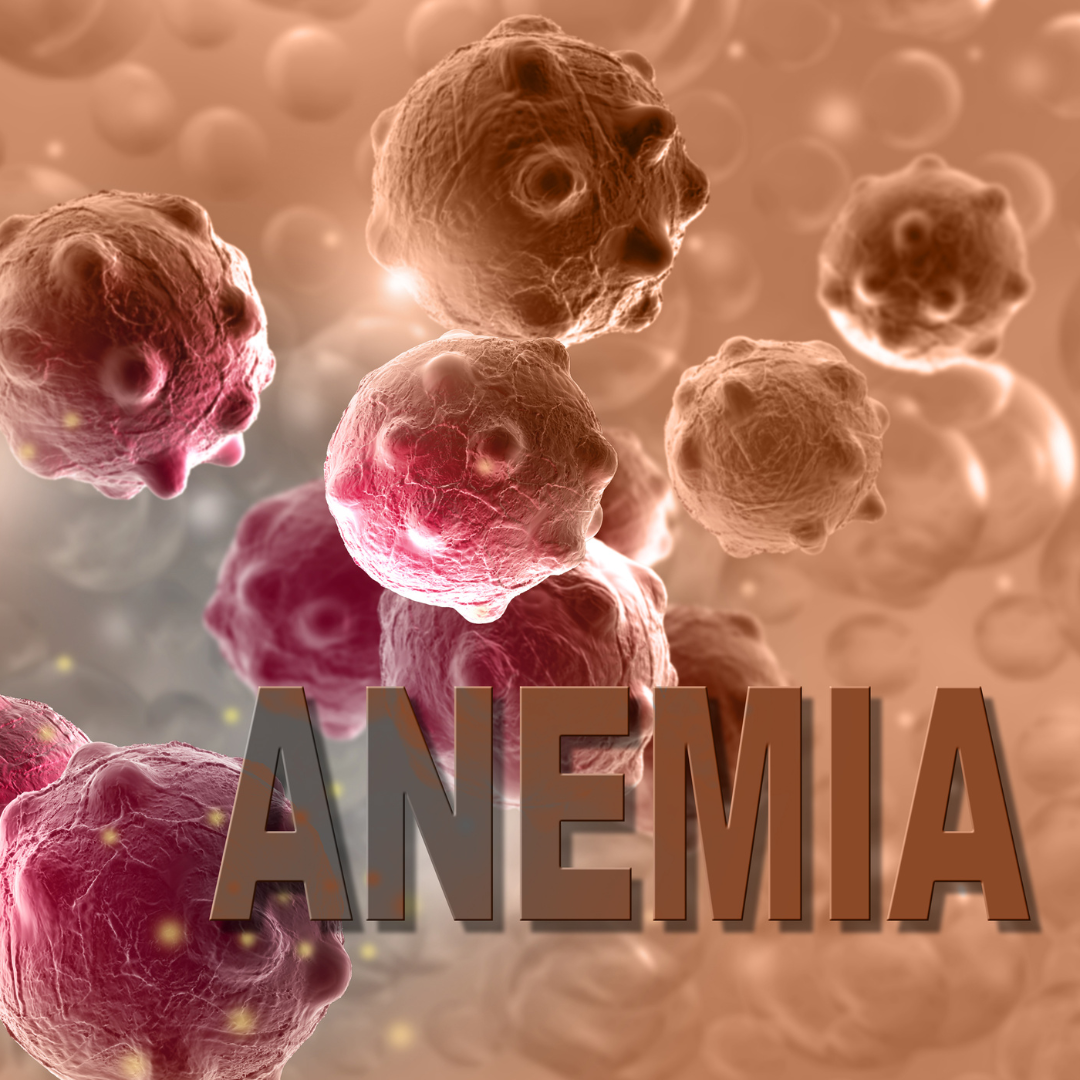
3. Reduces The Risk Of Anemia
Vitamin B12 plays a crucial role in producing red blood cells. It helps to regulate the formation of red blood cells in the bone marrow and is essential for the maturation of these cells. A deficiency of Vitamin B12 can reduce the production of red blood cells, causing anemia.
Anemia is characterized by decreased red blood cells or their ability to carry oxygen. Symptoms of anemia can include fatigue, weakness, and shortness of breath. By ensuring they get enough Vitamin B12, vegans and vegetarians can reduce their risk of developing anemia and maintain good health.
4. Supports Heart Health
Vitamin B12 has a significant impact on heart health. By regulating homocysteine levels, it reduces the risk of heart disease. This vital nutrient is crucial in maintaining a healthy cardiovascular system, making it an essential part of any well-rounded diet, particularly for vegans and vegetarians.

5. Promotes Healthy Skin And Hair
Vitamin B12 is essential for producing and maintaining skin and hair cells. It helps keep these cells healthy and functioning properly, promoting overall skin and hair health.
This includes preventing dry, dull skin, promoting a healthy, vibrant complexion, and promoting strong, shiny hair. Regular Vitamin B12 can support the health and appearance of skin and hair.
6. Supports Bone Health
Vitamin B12 plays a role in the production and maintenance of bone tissue. It regulates the metabolism of calcium, which is important for bone health.
Low Vitamin B12 has been linked to decreased bone density, which can increase the risk of osteoporosis, a condition characterized by weak and brittle bones. Vegans and vegetarians need to get Vitamin B12 through fortified foods or supplements.
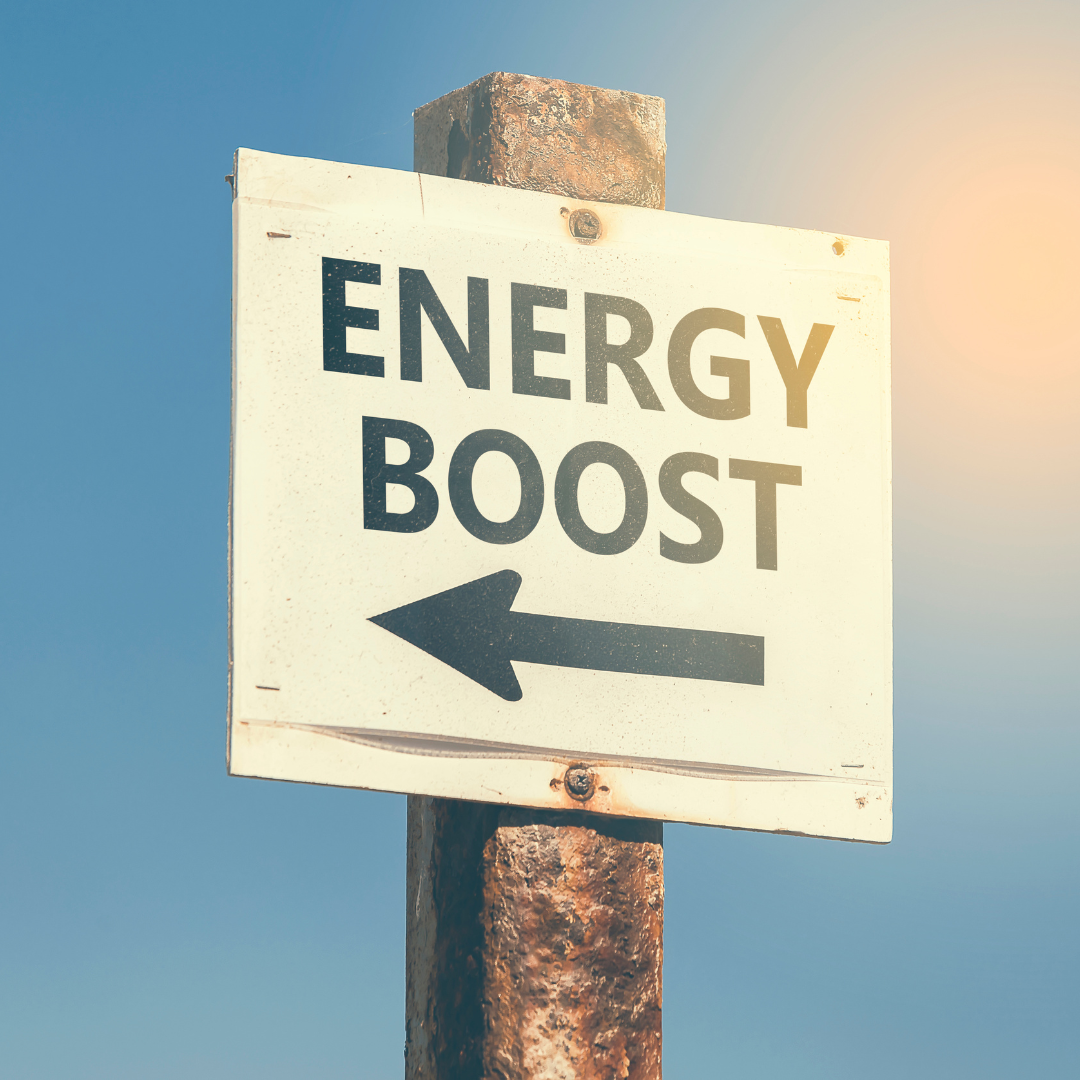
7. Boosts Energy Levels
Vitamin B12 plays a crucial role in the metabolic process, helping to convert food into energy. Ensuring the body has enough Vitamin B12 can help maintain energy levels throughout the day and keep fatigued at bay.
This is especially important for vegans and vegetarians who may not get enough Vitamin B12 from their diet. Incorporating fortified foods and supplements into your routine can help you achieve optimal energy levels and maintain a healthy lifestyle.
8. Supports A Healthy Immune System
Vitamin B12 plays a critical role in the functioning of the immune system by helping to produce white blood cells, which are responsible for fighting off infections and illnesses.
This essential vitamin also helps regulate the production of red blood cells and supports the normal nervous system functioning, promoting overall health and wellness.
By ensuring adequate Vitamin B12 through fortified foods or supplements, vegans and vegetarians can help support a healthy immune system, reduce disease risk, and maintain optimal health.
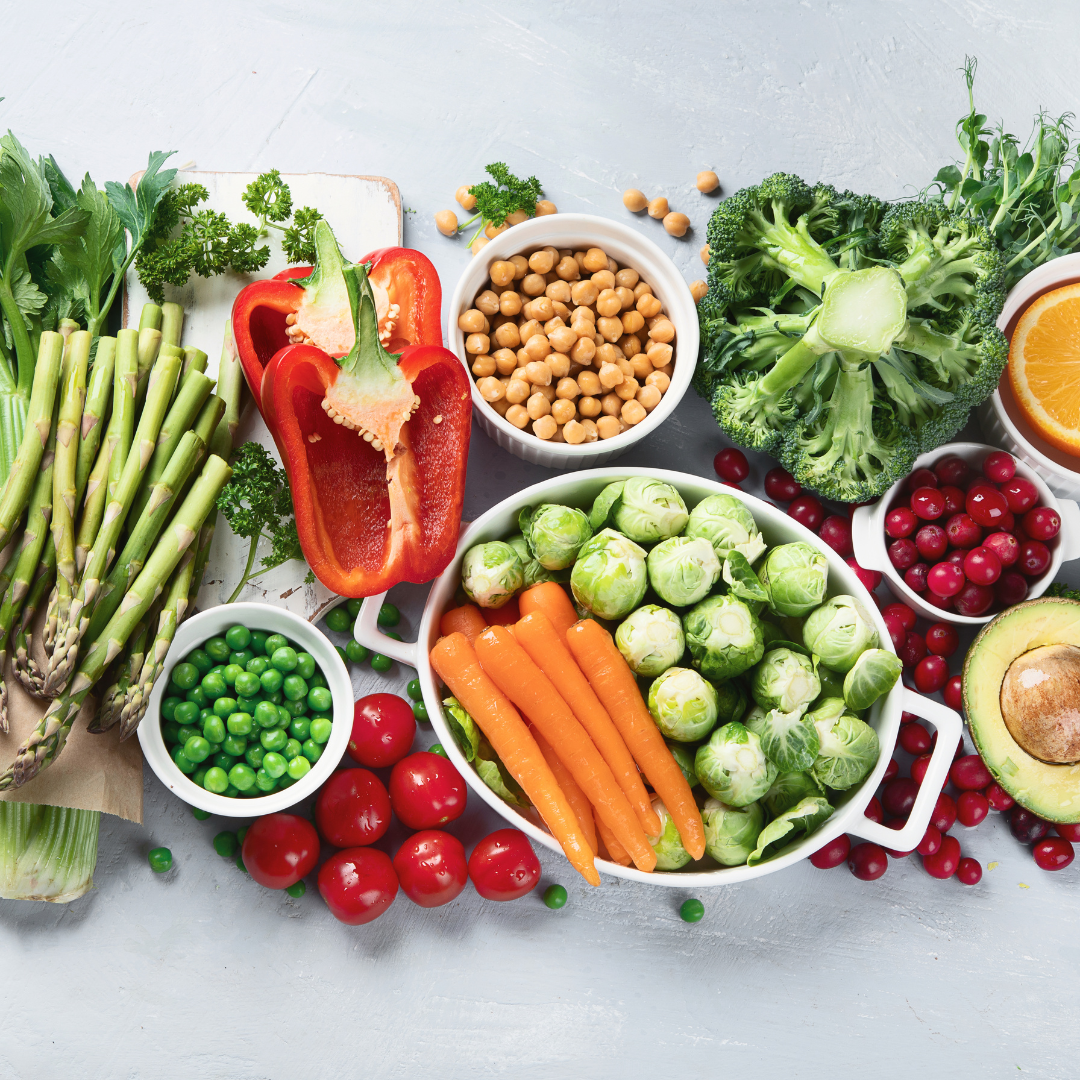
Vegan Foods With Vitamin B12
Vitamin B12 is an essential nutrient that plays a key role in maintaining good health, including the proper functioning of the brain and nervous system, the production of red blood cells, and the metabolism of every cell in the body.
While it is abundant in animal products such as meat, poultry, fish, eggs, and dairy, it is not naturally found in plant-based foods.
Getting enough Vitamin B12 can be challenging for vegans, but several sources can still provide this important nutrient. Some of the best vegan sources of Vitamin B12 include:
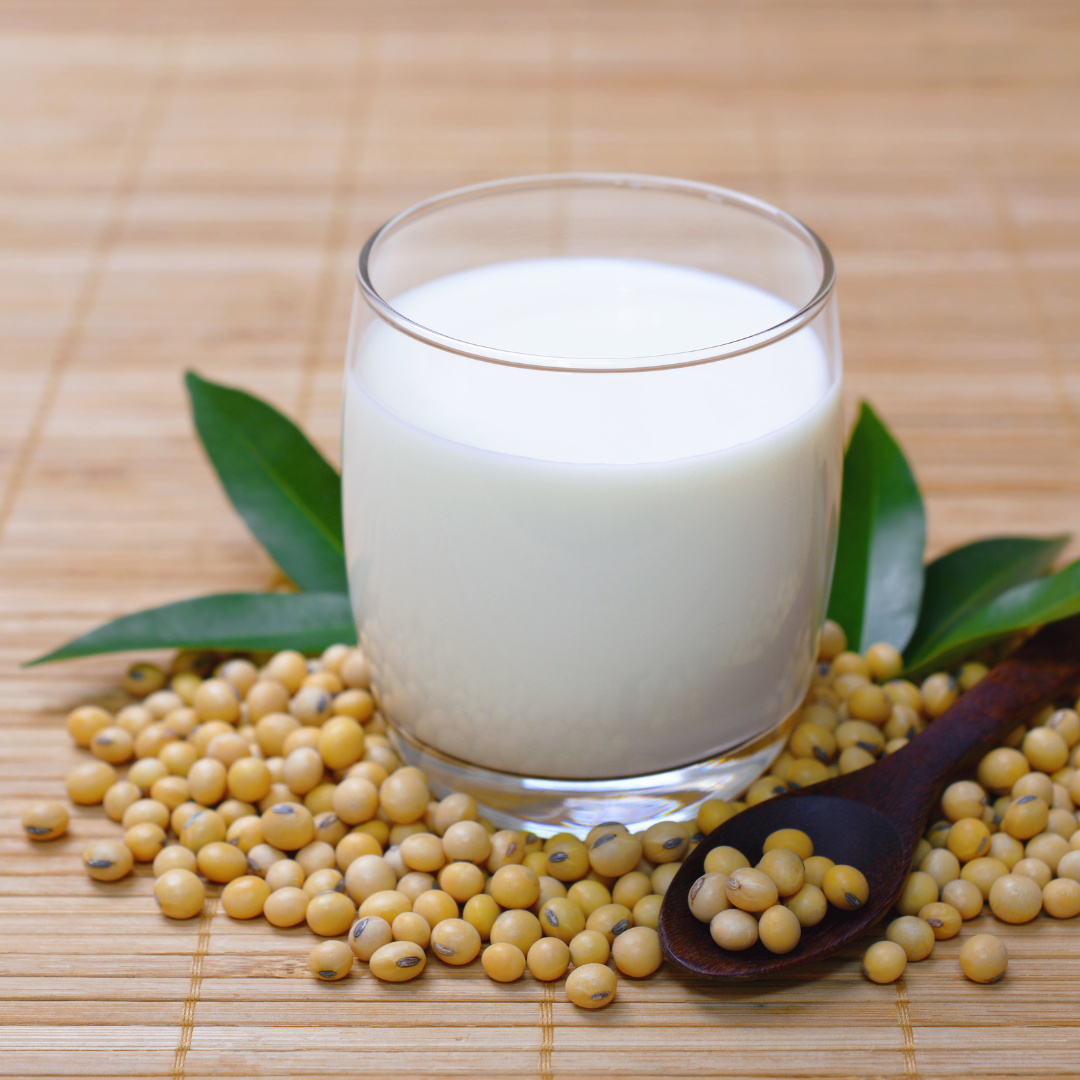
1. Plant-Based Milk
Plant-based milk is a popular alternative to cow's milk and is often fortified with Vitamin B12 to meet the needs of vegans. The fortification process involves adding Vitamin B12 to the milk during production, which helps increase the Vitamin B12 content. Some plant-based milk is fortified with other vitamins and minerals, making it a nutritious option for those following a vegan diet.
When selecting fortified plant-based milk, it is important to check the label to ensure that it provides at least 2.4 micrograms of Vitamin B12 per serving, the recommended daily intake for adults.
Some brands may have higher or lower amounts of Vitamin B12, so comparing and choosing the one that best meets your needs is essential.
Soy milk is one of the most common plant-based and is often fortified with Vitamin B12. It is a good protein source and contains various nutrients, making it a healthy option for vegans. Almond and rice milk are also often fortified with Vitamin B12 and can be used in multiple recipes, including smoothies, coffee, and baked goods.
In addition to fortified plant-based milk, vegans can also consider other fortified plant-based foods and supplements to ensure they get enough Vitamin B12 to support their health and well-being.
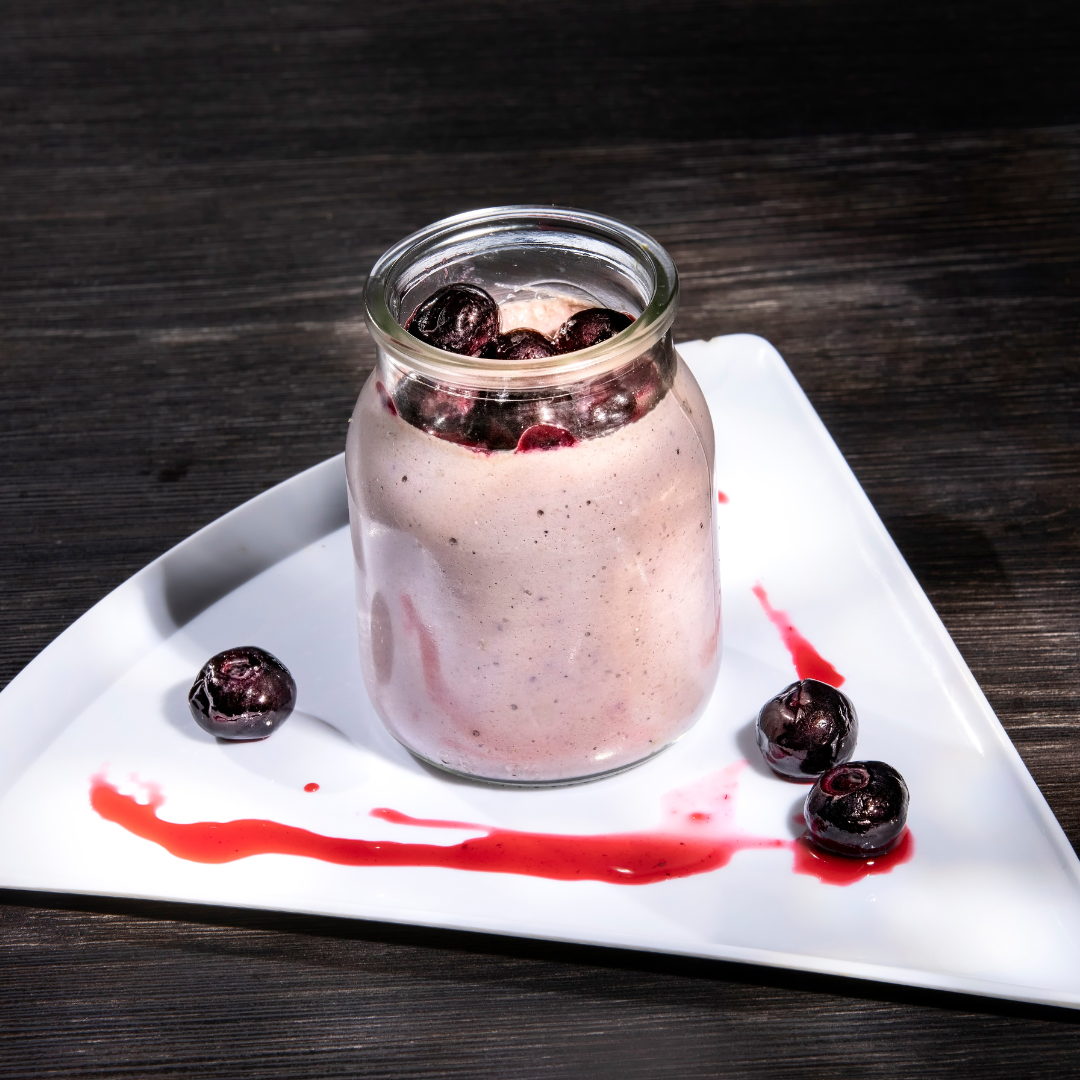
2. Fortified Plant-Based Yogurt
A fortified plant-based yogurt is a great option for vegans who want to increase their Vitamin B12 intake. As with fortified plant-based milk, Vitamin B12 is added during production to improve the Vitamin B12 content. The most common plant-based yogurts fortified with Vitamin B12 include soy yogurt and coconut yogurt.
When choosing a fortified plant-based yogurt, it is essential to check the label to see if the product provides at least 2.4 micrograms of Vitamin B12 per serving. This is the recommended daily intake for adults, and some brands may have higher or lower amounts of Vitamin B12, so it is important to compare and choose the one that best meets your needs.
In addition to being a good source of Vitamin B12, plant-based yogurts are also a good source of protein, calcium, and probiotics, which are beneficial for gut health. Plant-based yogurts are versatile and can be used in various recipes, such as smoothies, dips, and desserts.
While fortified plant-based yogurts can be a good way to increase your Vitamin B12 intake, it is always best to speak with a healthcare professional to determine the best options for you and to ensure that you are getting enough of this important nutrient to support your health and well-being.
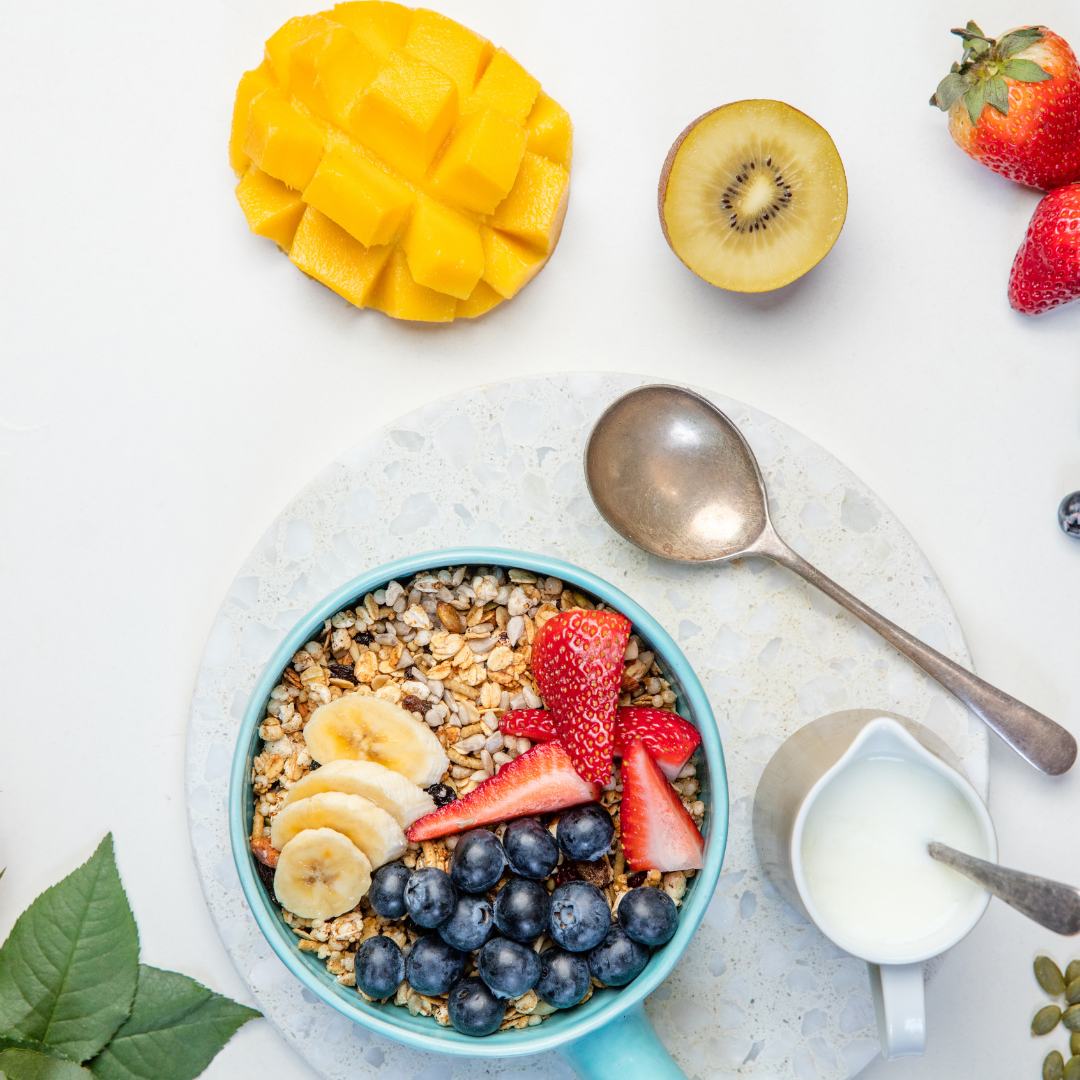
3. Fortified Breakfast Cereals
Fortified breakfast cereals are a convenient and tasty way for vegans to increase their Vitamin B12 intake. Many breakfast bowls of cereal are fortified with Vitamin B12 during production, which helps to increase the Vitamin B12 content of the cereal.
When choosing a fortified breakfast cereal, it is important to look for one that provides at least 2.4 micrograms of Vitamin B12 per serving, the recommended daily intake for adults.
Some brands may have higher or lower amounts of Vitamin B12, so it is important to compare and choose the one that best meets your needs.
Fortified breakfast cereals can be a great way to start your day, as they are a quick and easy source of energy and nutrients. Some popular breakfast cereals fortified with Vitamin B12 include whole grain cereal, oatmeal, and granola. These cereals can be enjoyed independently or as a topping for yogurt or fruit.
It is important to note that while fortified breakfast cereals can be a good way to increase your Vitamin B12 intake, it is always best to consult with a healthcare professional to determine the best options for you and to ensure that you are getting enough of this important nutrient to support your health and well-being.
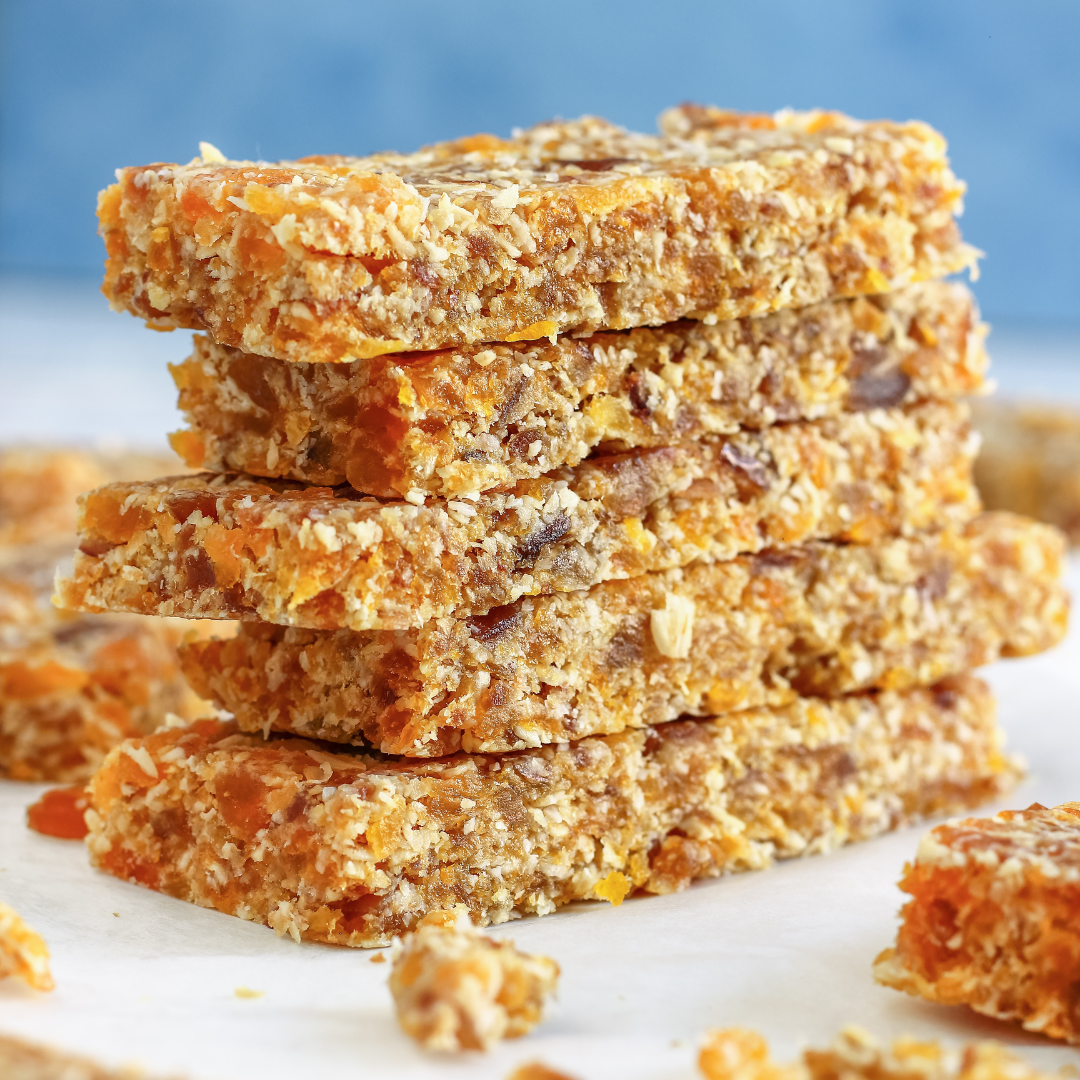
4. Fortified Energy Bars
Fortified energy bars are a convenient and portable option for vegans who want to increase their Vitamin B12 intake. Many energy bars, especially those marketed to vegans, are fortified with Vitamin B12 during production to increase the Vitamin B12 content of the bar.
When choosing a fortified energy bar, it is important to check the label to see if the product provides at least 2.4 micrograms of Vitamin B12 per serving, the recommended daily intake for adults.
Some brands may have higher or lower amounts of Vitamin B12, so it is important to compare and choose the one that best meets your needs.
Energy bars are a quick and easy snack option, making them vitamin B12; many energy bars also contain other nutrients, such as protein, fiber, and healthy fats.
While fortified energy bars can be a good way to increase your Vitamin B12 intake, it is always best to consult with a healthcare professional to determine the best options for you and ensure you are getting enough of this important nutrient to support your health and well-being.
It is also important to remember that energy bars should not be relied upon as the sole source of nutrition but rather as a supplement to a well-rounded diet that includes a variety of nutrient-dense foods.
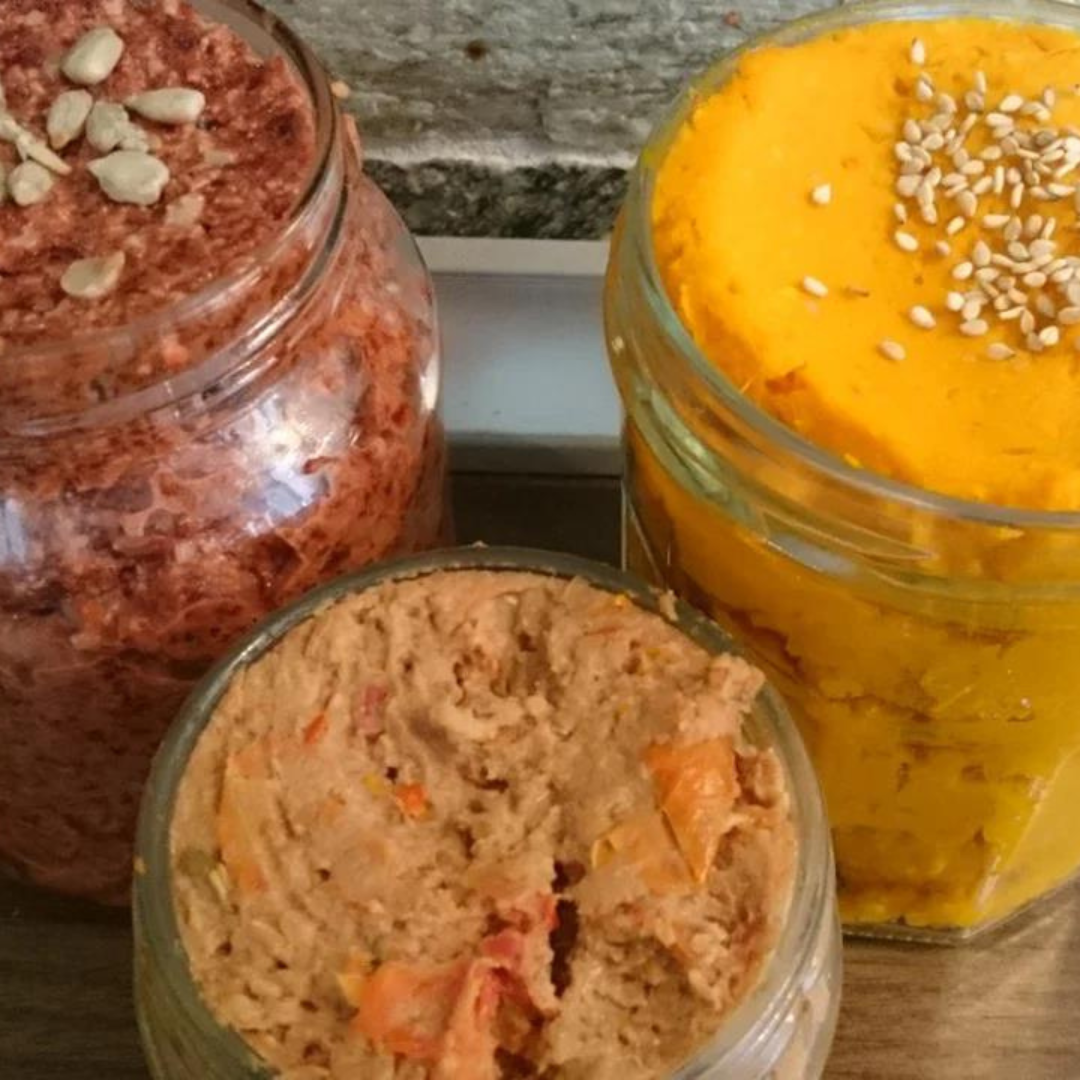
5. Fortified Plant-Based Spreads
Fortified plant-based spreads, such as vegan margarine, are convenient and tasty for vegans to increase their Vitamin B12 intake. Many plant-based spreads are fortified with Vitamin B12 during production, which helps to increase the Vitamin B12 content of the spread.
When choosing a fortified plant-based spread, it is important to check the label to see if the product provides at least 2.4 micrograms of Vitamin B12 per serving, the recommended daily intake for adults. Some brands may have higher or lower amounts of Vitamin B12, so it is important to compare and choose the one that best meets your needs.
Plant-based spreads are versatile ingredients that can be used in many different ways, making them a great option for vegans who want to increase their Vitamin B12 intake. They can be used for cooking, baking, or as a spread for sandwiches and other snacks.
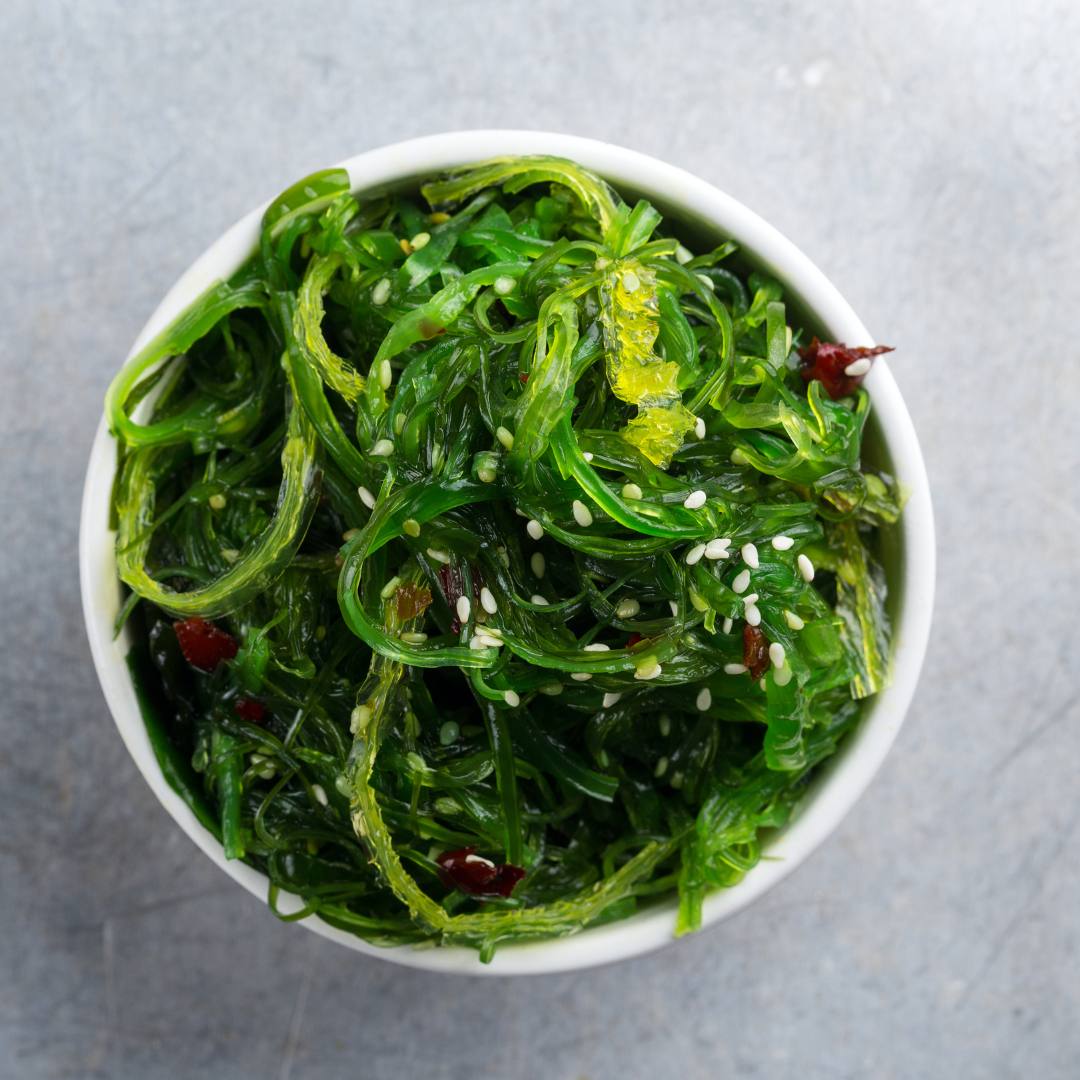
6. Seaweed
While fortified plant-based spreads can be a good way to increase your Vitamin B12 intake, it is always best to consult with a healthcare professional to determine the best options for you and to ensure that you are getting enough of this important nutrient to support your health and well-being.
Additionally, it is important to remember that plant-based spreads should be used in moderation, as they can be high in unhealthy fats and calories.
Seaweed, including nori and spirulina, is often touted as a good source of Vitamin B12 for vegans. However, the amount of Vitamin B12 found in seaweed can be highly variable and unreliable as a sole source of this essential nutrient.
While some types of seaweed may contain small amounts of Vitamin B12, the amount can vary greatly depending on the species of seaweed, where it was grown, and the conditions in which it was cultivated. Additionally, not all species of seaweed contain Vitamin B12, and even those that do contain it may not have enough to meet the recommended daily intake.
It is important to note that some seaweed supplements and seaweed-based products are fortified with Vitamin B12, which can help to increase the Vitamin B12 content. However, it is always best to consult with a healthcare professional before starting a new supplement regimen and check the label to ensure the product provides the recommended amount of Vitamin B12.
In summary, while seaweed can be a good source of Vitamin B12 for some vegans, it is not reliable as a sole source and should not be relied upon to meet the recommended daily intake. It is important to include a variety of other Vitamin B12-rich foods in your diet and to consider fortified products or supplements as needed.
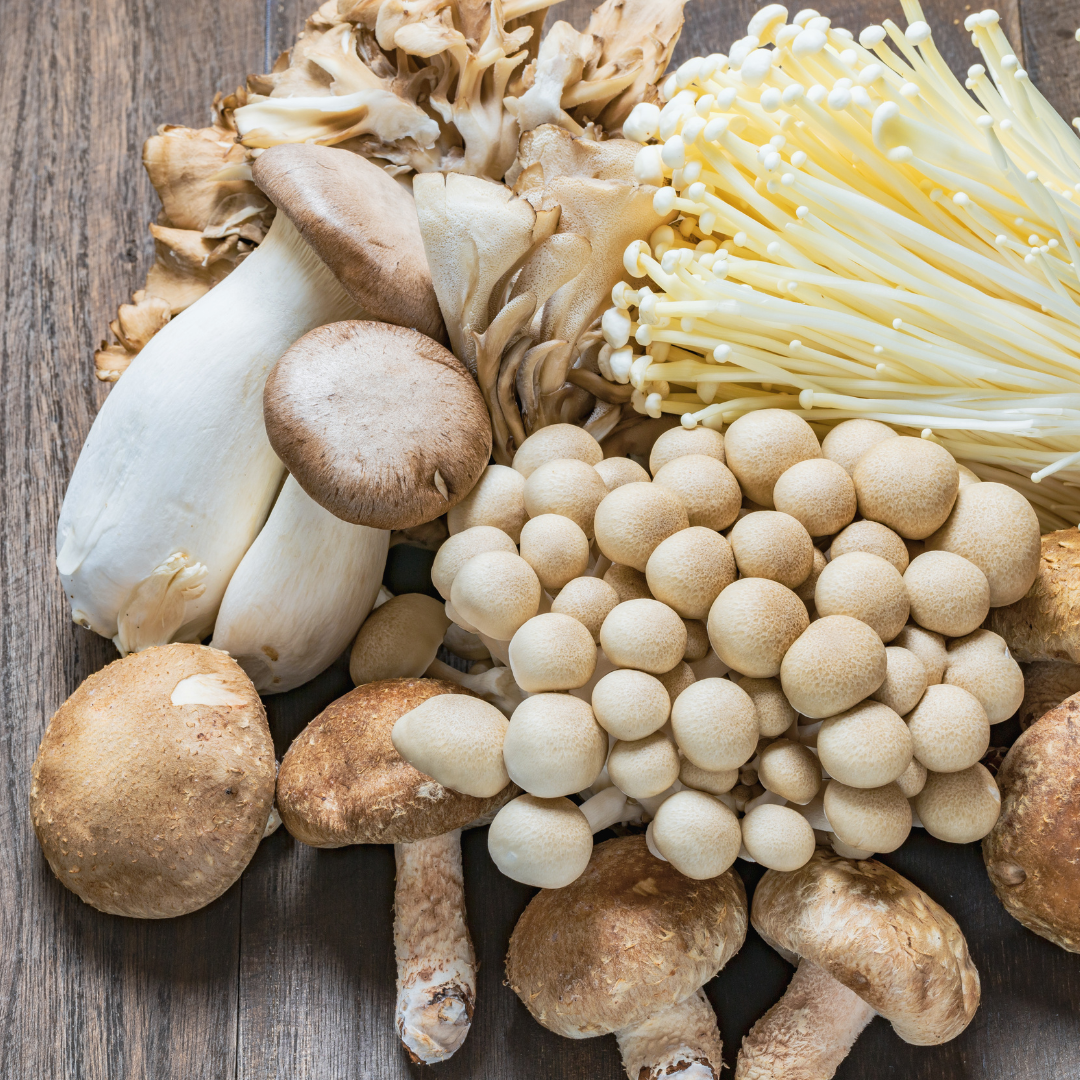
7. Mushrooms
Mushrooms are often touted as a good source of Vitamin B12 for vegans, as some mushrooms, such as shiitake, contain small amounts of this essential nutrient.
However, the amount of Vitamin B12 found in mushrooms can vary greatly depending on the species, where they were grown, and the conditions in which they were cultivated. It is difficult to determine the amount of Vitamin B12 from eating mushrooms.
Additionally, the Vitamin B12 found in mushrooms is not easily absorbed by the human body and may not provide enough to meet the recommended daily intake. The Vitamin B12 in mushrooms is bound to a protein called beta-glucan, which makes it difficult for the body to absorb.
While some people may be able to get some Vitamin B12 from eating mushrooms, it is not reliable as a sole source of this essential nutrient. It is important to include a variety of other Vitamin B12-rich foods in your diet and to consider fortified products or supplements as needed.
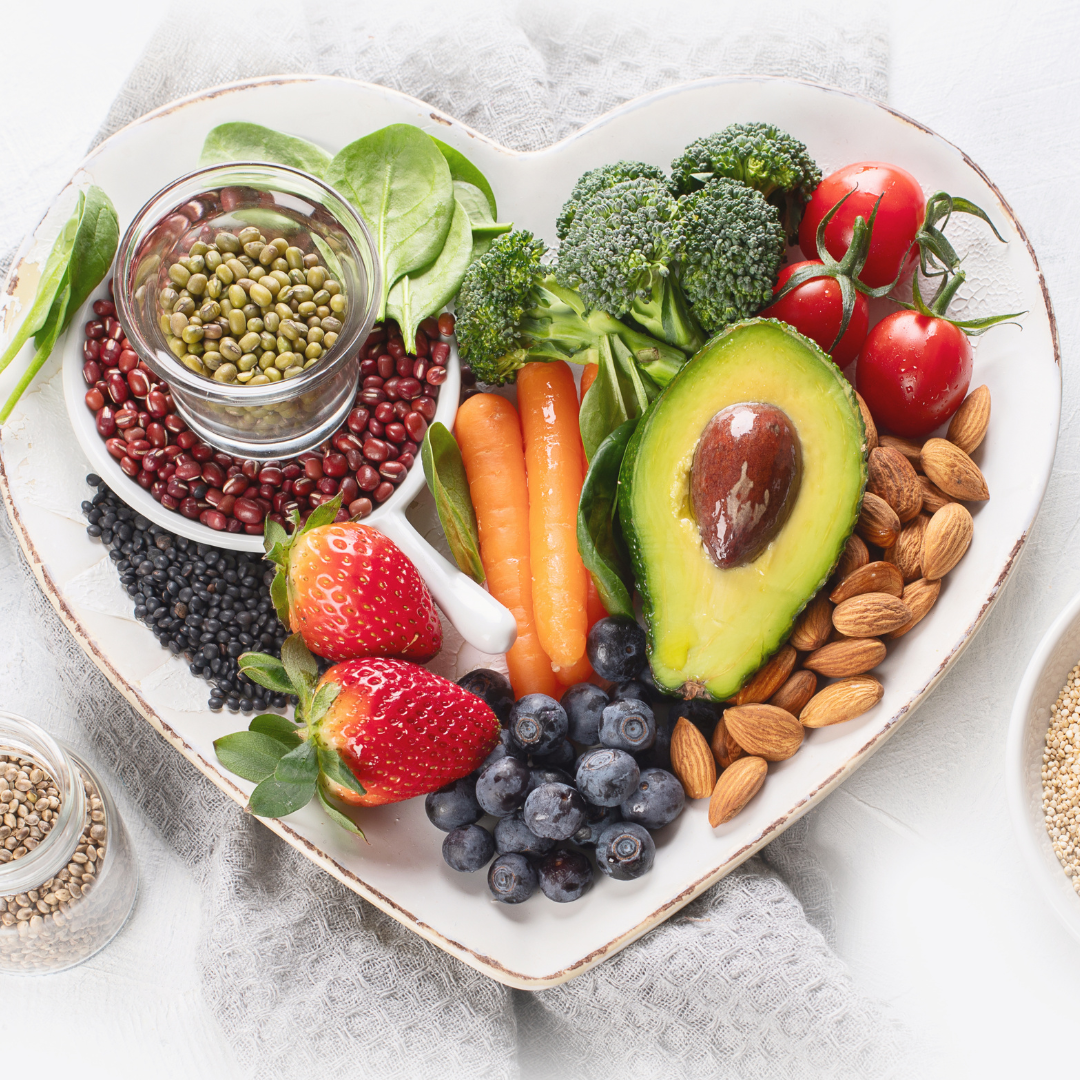
Conclusion
While mushrooms can be a good source of Vitamin B12 for some people, it is not reliable as a sole source and should not be relied upon to meet the recommended daily intake. It is important to include a variety of other Vitamin B12-rich foods in yIn conclusion, as a vegan, it is important to ensure you are getting enough Vitamin B12 in your diet.
Many plant-based options are fortified with Vitamin B12, including plant-based milk, yogurts, breakfast cereals, energy bars, spreads, and food supplements.
When shopping for fortified plant-based products, it is important to check the label to ensure that the product provides at least 2.4 micrograms of Vitamin B12 per serving. This will help you meet this essential nutrient's recommended daily intake.
In addition to fortified plant-based products, you can also consider taking a Vitamin B12 supplement, a convenient and effective way to ensure you get enough of this essential nutrient.
By incorporating various Vitamin B12-rich foods and supplements into your diet, you can be confident that you are getting enough of this essential nutrient and supporting your overall health and well-being.
So, whether you are a vegan or just looking to increase your Vitamin B12 intake, many plant-based options can help you meet your nutritional needs. Our diet considers fortified products or supplements as needed to ensure you get enough of this essential nutrient.
I trust you enjoyed reading the article about the Best Vegan Foods With Vitamin B12. Please stay tuned. There are more blog posts to come very shortly.
JeannetteZ
Want To Learn How To Create Delicious, Cruelty-Free, Healthy AND 100% Vegan Meals? Try These Awesome Vegan Cooking Courses With A Free 7-DAY MEMBERSHIP.
Your Opinion Is Important To Me
Ideas? Thoughts? Questions? I would love to hear from you. Would you please leave me your questions, experience, and remarks about this article on the Best Vegan Foods With Vitamin B12 in the comments section below? You can also reach me by email at Jeannette@LivingTheVeganLifestyle.org.
Disclosure
This post may contain affiliate links. I earn from qualifying purchases as an Amazon Associate and other affiliate programs. Please read my full disclosure.

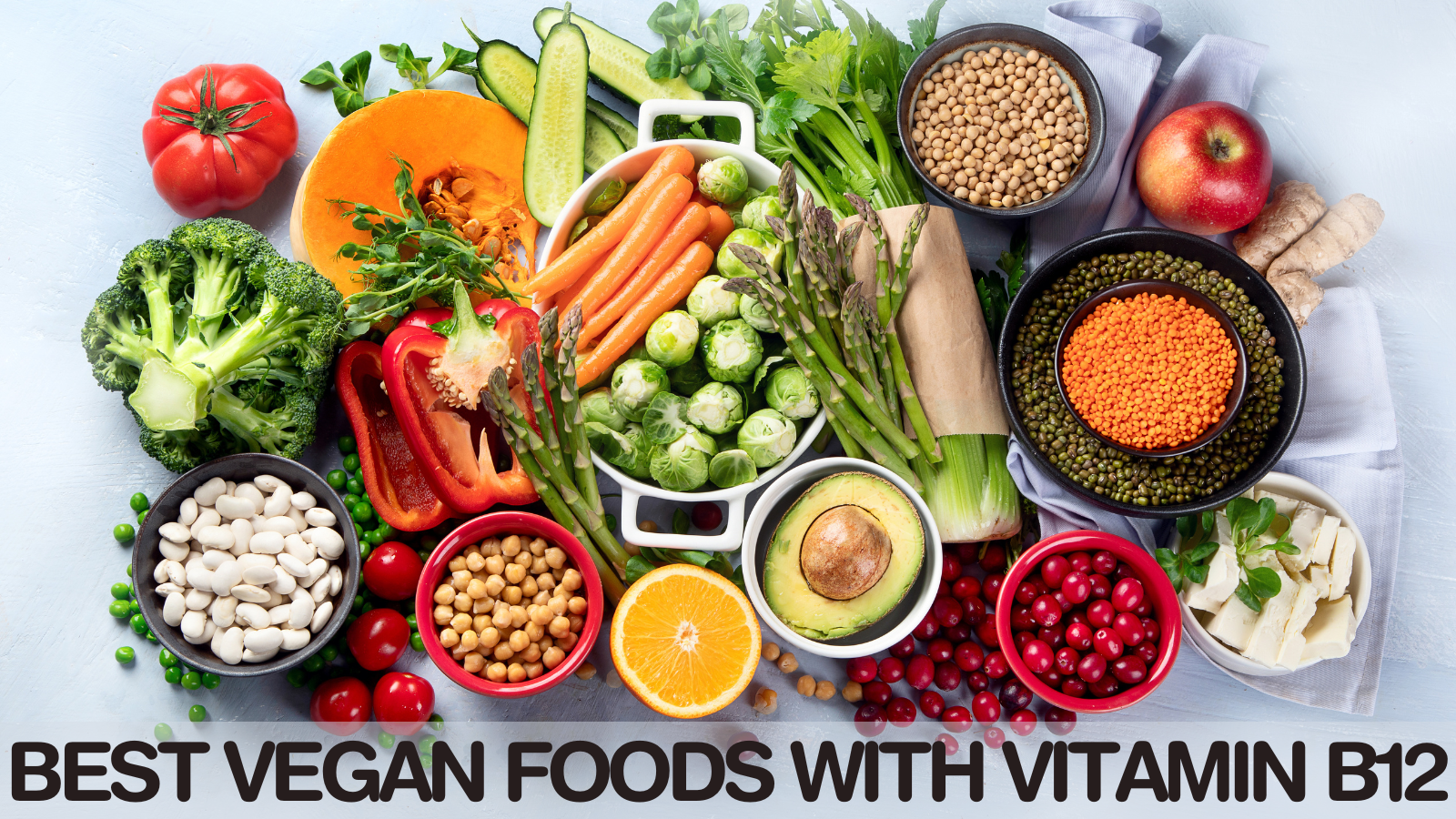
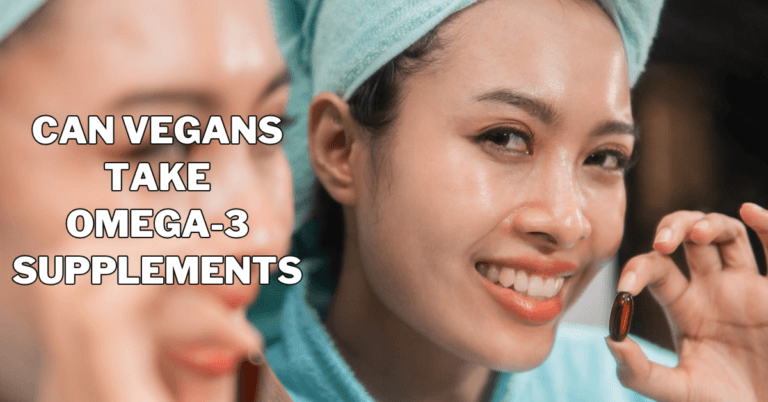
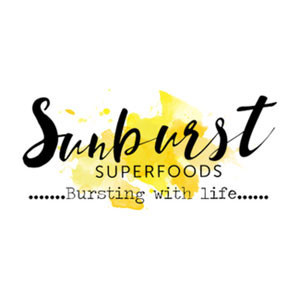
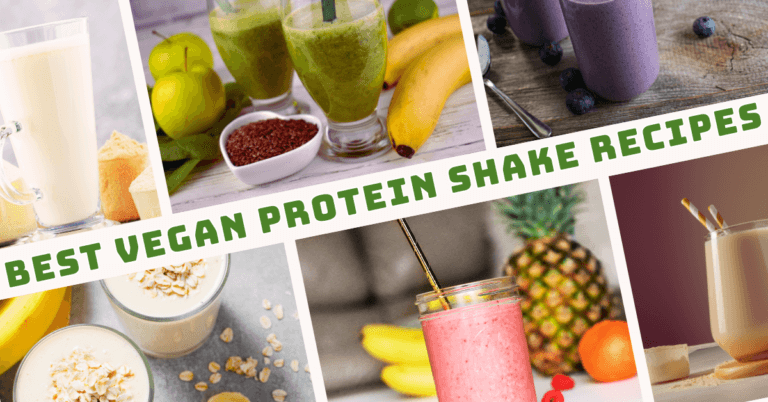
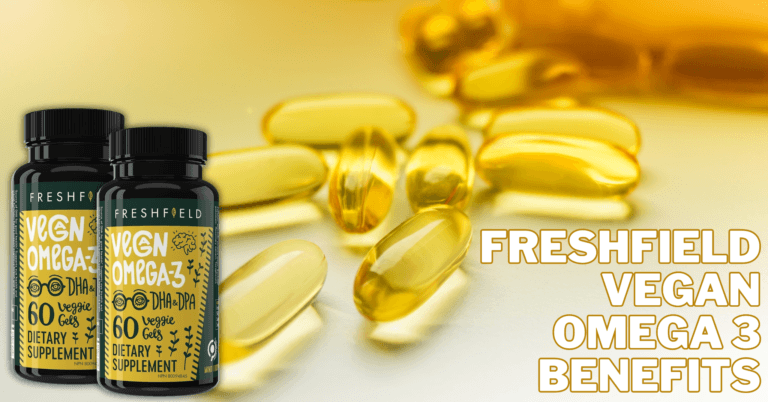
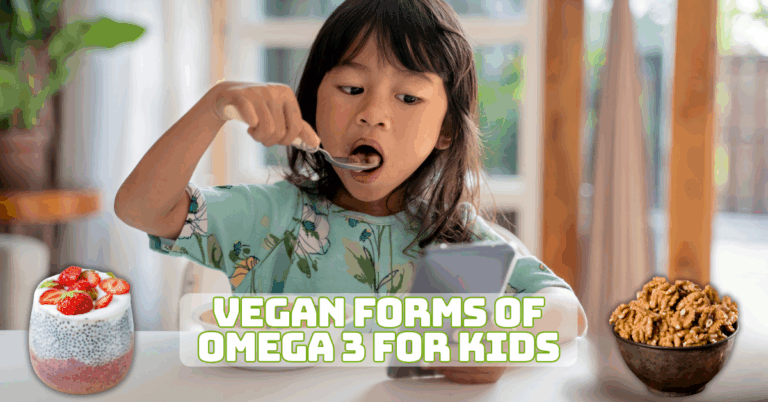
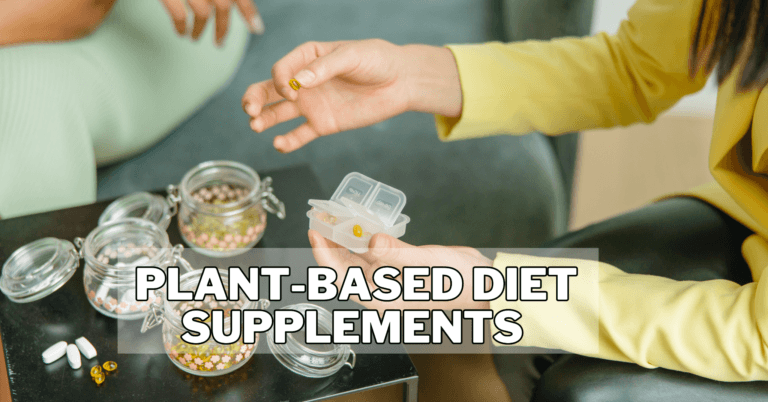
“These are some of the best foods for vegans to consume:
“1. Cod Liver Oil”
uh
You are absolutely right. Thanks for pointing this out to me. I missed that when I was editing the post. I had a new VA writing some of my blogs. Unfortunately, she didn’t know much about veganism.
Thanks so much for pointing this out to me.
JeannetteZ
Why are you claiming that parsnips and quinoa contain B12?
They don’t have vitamin B-12. It was a mistake and I removed them. Thanks for pointing it out to me.
Take care
Jeannette
Though Vegan is touted as a healthy lifestyle, because of the gene snp MTHFR I could never safely go vegan. Fortified foods block my methalation cycle and makes me very ill. I don’t like to take supplements but I advise that if you have this gene snp and want to go vegan that you please only take supplements and fortified foods with methylcobalamine B12; never cyanocobalamine.
Thank you for sharing your experience with MTHFR and the challenges it brings when considering a vegan lifestyle. You’re absolutely right that individuals with the MTHFR SNP need to be cautious about certain fortified foods and supplements, as they can impact the methylation cycle.
If you’re open to exploring veganism in a way that suits your health needs, it’s entirely possible to create a safe and balanced vegan diet. For example:
Focus on whole, unprocessed foods like legumes, nuts, seeds, vegetables, and fruits.
Choose supplements carefully, sticking to methylcobalamin B12, as you’ve mentioned.
Work with a healthcare professional or dietitian knowledgeable about MTHFR to ensure all your nutritional needs are met without compromising your health.
It’s great that you’re advocating for tailored approaches to diets. It’s a reminder that what works for one person might not work for another. 😊